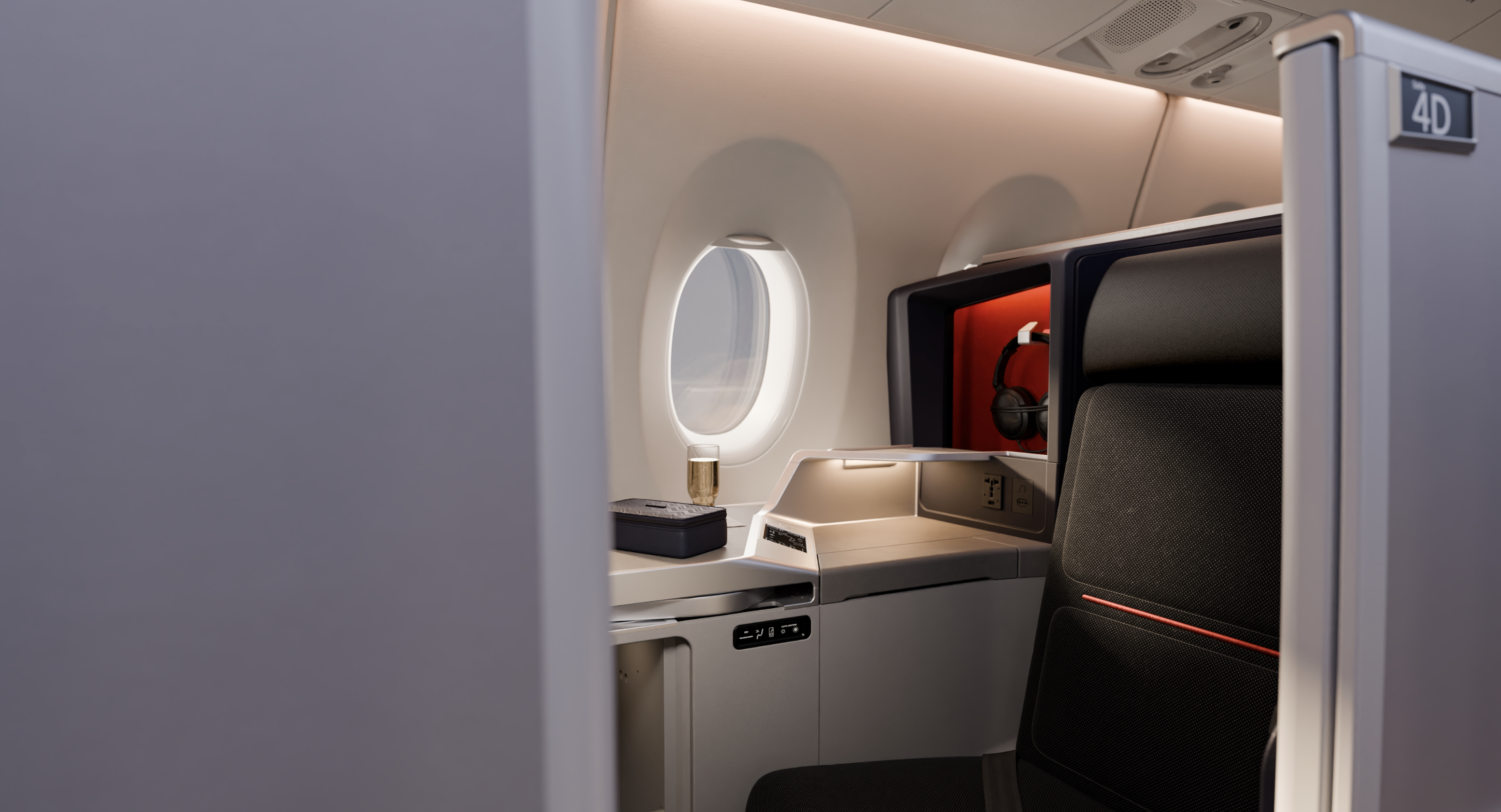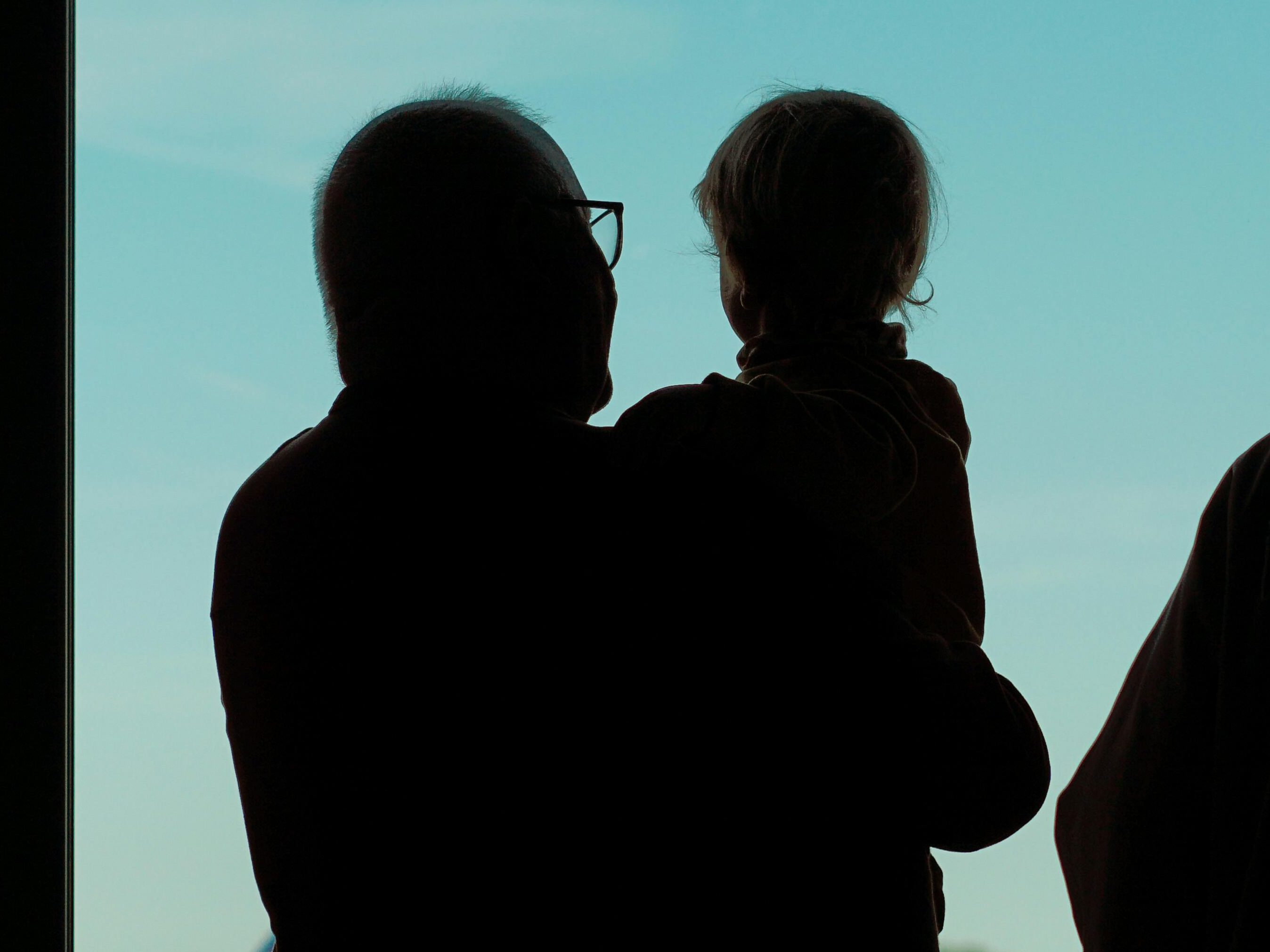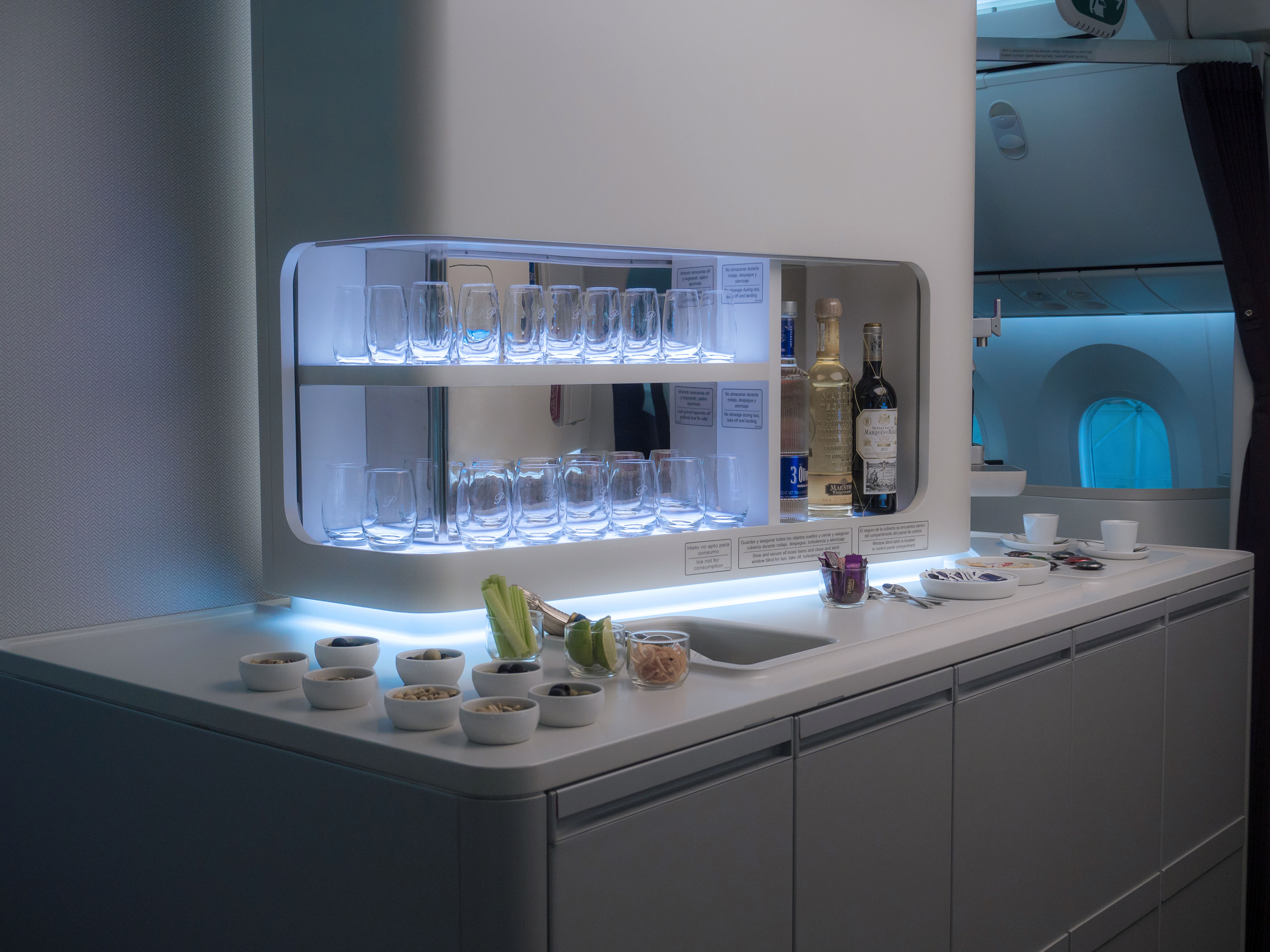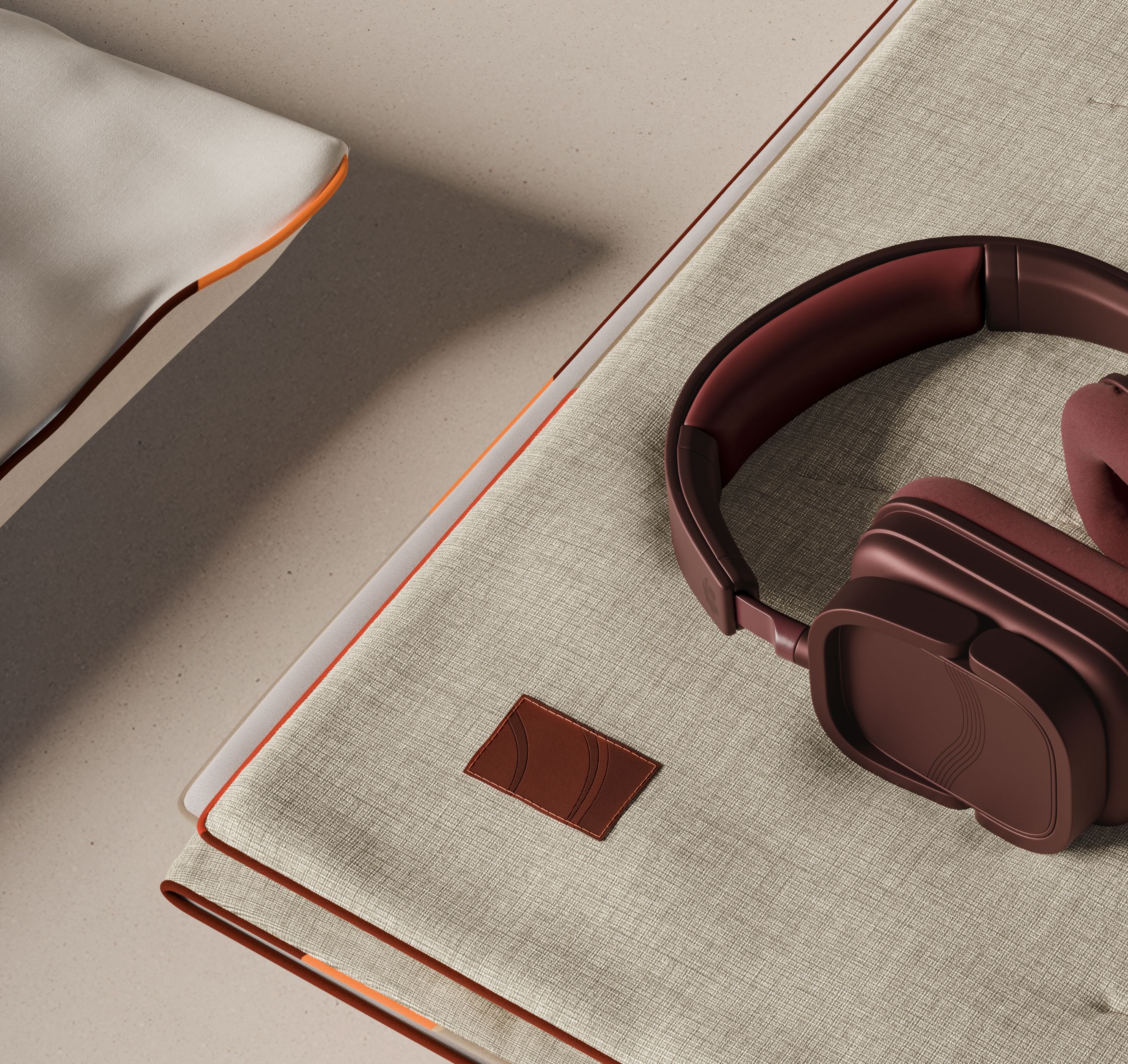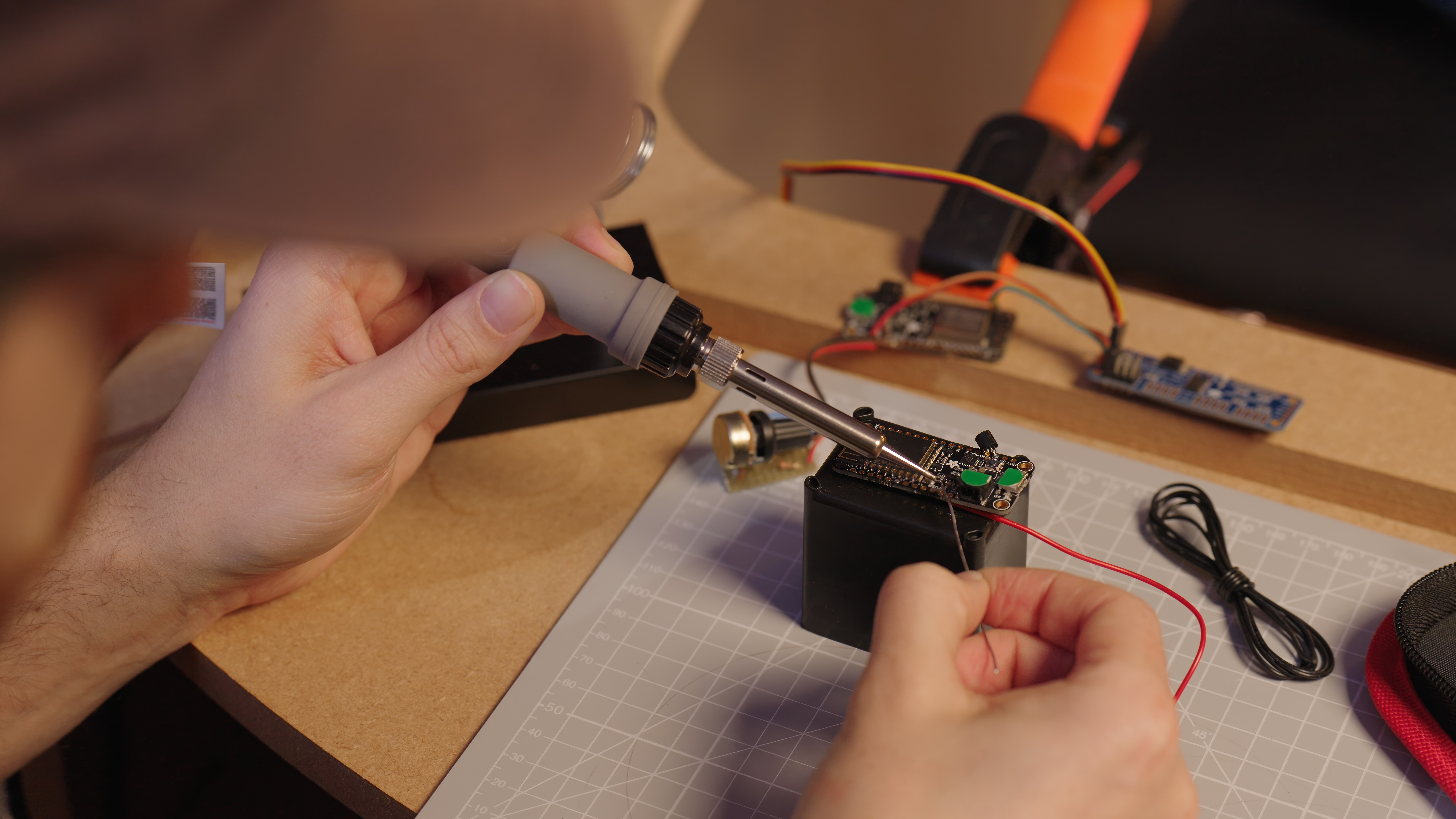
In conversation with Luke Miles: Luke Miles, a leading expert in aviation interior design, is the former head of design for Virgin Atlantic and currently leads the team at NewTerritory, a leading design studio in London. Renowned for shaping exceptional brand experiences, NewTerritory has transformed car interior design as well as aviation interior design creating signature moments from its hospitality-first approach. The design studio recently completed Delta Air Line’s innovative new aviation interior design and conducted an extensive behavioural science study across five major airlines, uncovering strategies for enhancing brand loyalty and repeat purchasing. With a hospitality mindset, Luke Miles and his team craft immersive experiences that redefine modern travel and lifestyle experiences.
